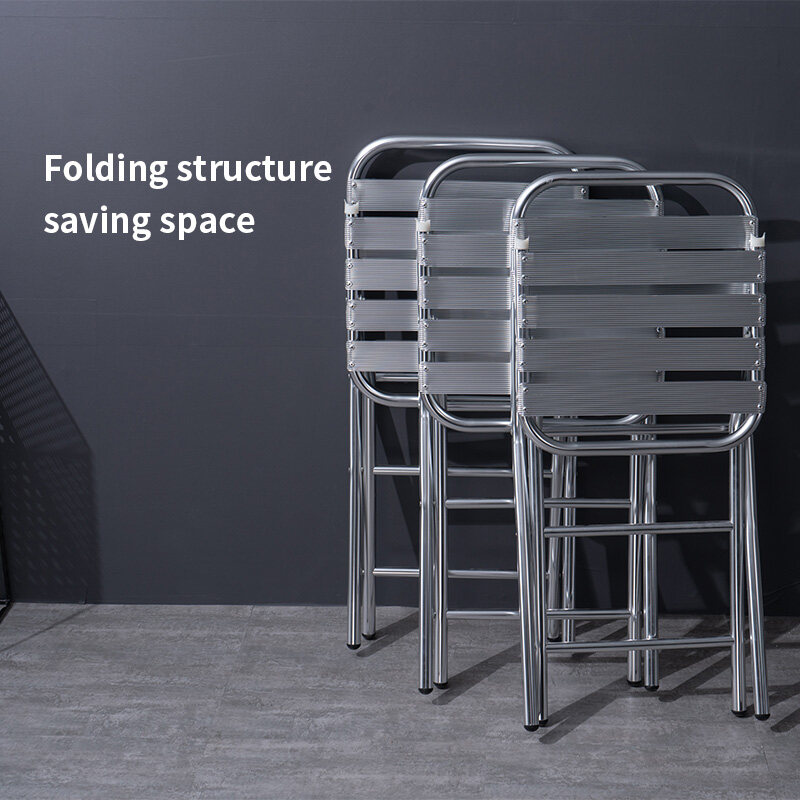Erreur de format d'e-mail
emailCannotEmpty
emailDoesExist
pwdLetterLimtTip
inconsistentPwd
pwdLetterLimtTip
inconsistentPwd


Benefits of Stackability and Comparative Analysis of High-Back Stackable Outdoor Chairs
In the dynamic realm of outdoor furniture, the concept of stackability has emerged as a game-changer. This innovative design not only addresses logistical challenges but also elevates the flexibility and economic viability of furniture solutions, especially in commercial and residential settings.
Advantages of Saving Storage and Transportation Space
To begin with, the advantages of saving storage and transportation space cannot be overstated. Traditional outdoor furniture often demands significant storage footprints, resulting in logistical headaches for both businesses and homeowners. Think about restaurants with limited storage or event organizers grappling with venue constraints; space is undeniably a premium. Enter stackable designs, a brilliant solution allowing users to nest chairs or tables neatly. This space-efficient approach not only reduces clutter but also facilitates smoother transportation. For businesses, this translates into reduced warehousing costs and enhanced operational efficiency. Furthermore, the ability to stack furniture efficiently has eco-friendly implications, potentially reducing carbon footprints associated with multiple transportation trips.

Versatility in Various Outdoor Settings
Moving on, the versatility of stackable furniture stands out as a hallmark feature. Imagine hosting a garden wedding or a corporate event; the flexibility to rearrange seating arrangements swiftly is invaluable. Stackable chairs and tables offer precisely this agility, adapting seamlessly to diverse environments—from tranquil garden settings and bustling café terraces to expansive event venues. This adaptability is not merely about aesthetics but also about functionality. Manufacturers today employ a myriad of materials, from weather-resistant polymers to robust metals, ensuring that stackable furniture remains durable, irrespective of the setting. Additionally, the ease of customization—be it color, design, or material—further amplifies the appeal of stackable furniture, allowing homeowners and businesses to align with specific themes or branding requirements.
Economic Benefits for Businesses and Event Planners
Economically speaking, the value proposition of stackable outdoor furniture is compelling, especially for businesses and event planners. Consider the lifecycle costs associated with traditional seating solutions—maintenance, storage, and replacement. Stackable designs inherently minimize these costs. For instance, a hotel hosting a conference can quickly transition from a seminar setup to a banquet arrangement, optimizing space without necessitating additional furniture. Similarly, event planners can allocate more budget towards enhancing guest experiences rather than grappling with logistical constraints. The long-term economic benefits are manifold: reduced storage costs; enhanced venue flexibility; and a higher return on investment for businesses, making stackable outdoor furniture an attractive proposition.
Comparative Analysis of High-Back Stackable Outdoor Chairs
Turning our attention to high-back stackable outdoor chairs specifically, a comparative analysis offers intriguing insights. When juxtaposed with other outdoor seating variants, the ergonomic advantages of high-back designs become evident. They offer superior lumbar support, making them ideal for extended usage scenarios. This feature becomes especially crucial in settings like outdoor cafes or communal spaces where patrons might linger. Conversely, while low-back stackable chairs have their merits—portability and casual aesthetics, for instance—they may not provide the same level of comfort for extended periods. Thus, the choice between high-back and low-back designs often hinges on specific user needs, the duration of use, and the desired aesthetic appeal.
In summation, the benefits of stackability extend far beyond mere logistical conveniences. They encapsulate a holistic approach to outdoor furniture design, combining space efficiency, versatility, and economic pragmatism. High-back stackable outdoor chairs, as a subset of this design ethos, exemplify how form can harmoniously coexist with function. As consumer preferences evolve and businesses seek innovative solutions, the enduring appeal of stackable outdoor furniture—and high-back designs, in particular—seems poised to redefine outdoor living and commercial spaces alike.
